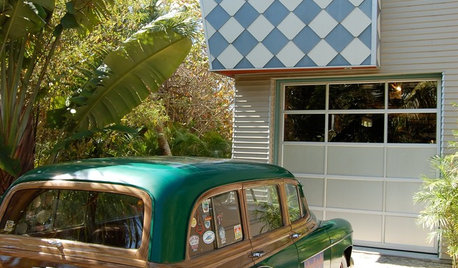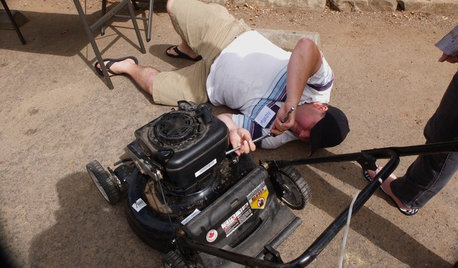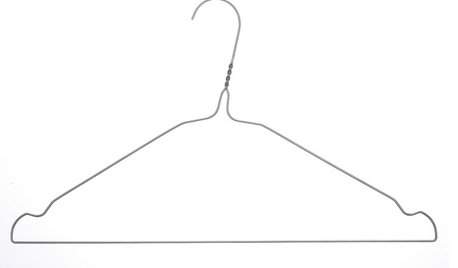How compute $$ to move household goods v. replace at destination?
ntmame
17 years ago
Related Stories

MOVINGRelocating? Here’s How to Make the Big Move Better
Moving guide, Part 1: How to organize your stuff and your life for an easier household move
Full Story
LIFE12 Tips for Happily Combining Households
Joining forces may seem easy compared to merging all your stuff under one roof. These pointers can help you keep the peace
Full Story
EVENTSDon't Throw Away Another Household Item Before Reading This
Repair Cafe events around the world enlist savvy volunteers to fix broken lamps, bicycles, electronics, small appliances, clothing and more
Full Story
LIFE10 Best Ways to Get Organized for a Big Move
Make your next move smooth, short and sweet with these tips for preparing, organizing and packing
Full Story
MOVINGRelocating Help: 8 Tips for a Happier Long-Distance Move
Trash bags, houseplants and a good cry all have their role when it comes to this major life change
Full Story
LIFEThe Moving-Day Survival Kit: Lifesaving Items and Niceties
Gather these must-haves in advance for a smooth move and more comfortable first days in your new home
Full Story
MOVING10 Rooms That Show You Don’t Need to Move to Get More Space
Daydreaming about moving or expanding but not sure if it’s practical right now? Consider these alternatives
Full Story
EVENTSWho Invented the Coat Hanger, and Other Household Mysteries Solved
Learn the origins of common household objects, see patent drawings and more in a traveling exhibition
Full Story
LIFEBe Prepared With a Household Inventory
Document your household's contents the efficient way, then let your list help you streamline your belongings
Full Story
DECORATING GUIDESEasy Reference: Standard Heights for 10 Household Details
How high are typical counters, tables, shelves, lights and more? Find out at a glance here
Full StoryMore Discussions










steve_o
quiltglo
Related Professionals
Fort Worth Custom Closet Designers · Glen Rock Custom Closet Designers · Riverside Custom Closet Designers · St. Louis Custom Closet Designers · Arkansas Interior Designers & Decorators · Fernway Interior Designers & Decorators · Tahoe City Interior Designers & Decorators · Lake Morton-Berrydale Home Builders · McKeesport Home Builders · South Farmingdale Home Builders · Walker Mill Home Builders · Lexington Carpenters · Scarsdale Carpenters · South Orange Carpenters · Sunset Carpenterstalley_sue_nyc
housenewbie
jannie
prettyphysicslady
livingthedream
talley_sue_nyc
prettyphysicslady
iread06
Mimou-GW
OKMoreh